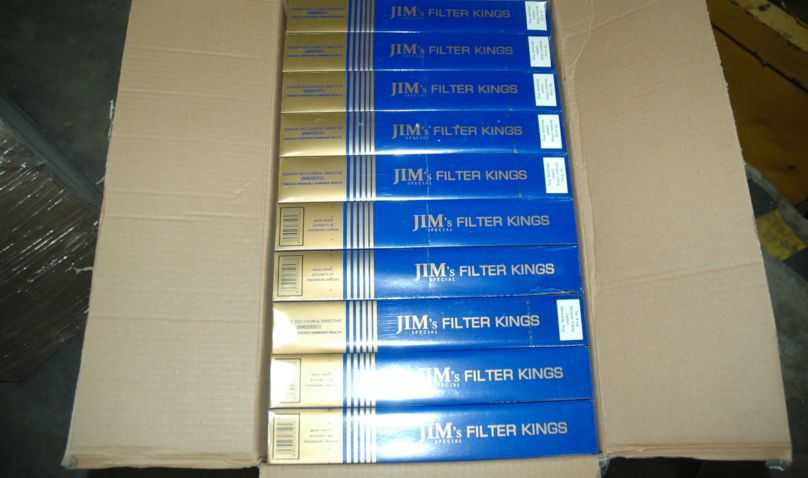Accountants Grant Thornton blame illicit trade for the fact that the tax yield on tobacco declined from €1.2 billion in 2009 to j€980m in 2015, despite price increases which were predicted to increase tax revenue. The shortfall over five years amounted to €300m.
In total, GT estimates that illicit trade is costing the economy €2.3 billion every year. The report, Illicit Trade 2015-2016: Implications for the Irish Economy, measures the cost to the Exchequer at €790m and to right holders at €1.5bn in sectors including fuel, tobacco, pharmaceuticals, digital and alcohol.
The tobacco tax take declined despite serious enforcement efforts, which led to a number of large seizures of smuggled tobacco with some very big seizures in 2015, with a potential total tax loss of €580m prevented.
Official figures suggest that 11% of the cigarette market was from illicit trade in 2014, a reduction from the 16% recorded in 2009, and that in 2014 non-Irish duty paid cigarettes accounted for 17% of the cigarette market in Ireland according to Revenue figures. This resulted in estimated losses of €250m to the industry and €200m to the Exchequer.
But an ‘empty pack’ survey suggests that the incidence is significantly higher, with duty not being paid on as many as 24% of cigarettes consumed.
Brendan Foster of Grant Thornton said: “The level of illicit activity reported in Ireland is quite remarkable. While we welcome the increased efforts to improve legislation and enforcement activity over the past few years, it is vital that all sectors impacted continue to invest in public awareness campaigns to remind consumers that illicit activity is far from being a victimless crime.”
In other heavily smuggled sectors, alcohol seizures by the authorities have increased by 100% over the period 2010 to 2014. Minimum unit pricing may add to illegal activity, says the report.
Apart from diesel laundering, the carbon tax on solid fuel has driven a boom in smuggling coal across the border. Northern Ireland has no carbon tax regime and lower VAT on these products, while the proposed introduction of a nationwide ban on bituminous coal is likely to cause further problems.
Grant Thornton estimates that retailers suffered revenue losses of around €320m due to digital piracy, while the loss to the Exchequer in VAT receipts could be as much as €70m.
Tipping Point
The GT report pours cold water on aspirations by the new government to raise more tax revenue from cigarettes. In its pre-election manifesto, Fine Gael pledged to increase the excise duty on a pack of 20 cigarettes by 45 cent per year. The party expects such an increase to yield an extra €350m in revenue over five years, according to their long term economic plan.
However, Revenue has advised government that beyond a certain optimum point, tax rises may actually decrease revenue. According to GT, recent trends in Ireland suggest that Ireland's tax rate is beyond this tipping point.
The GT resport states: "Even if the primary motivation of tobacco tax increases is to disincentivise smoking, it is important to note that demand for tobacco products is price inelastic. This means that even as the price of tobacco increases, the decline in the number of smokers will not be 100% correlative, due to the fact that certain smokers are addicted to tobacco products and, traditionally, there have been no close substitutes. These smokers will purchase the product regardless of the price or find cheaper alternatives via illicit trade.
"If the government continues to increase the tax on cigarettes, it can be assumed that the future impact will be a further decrease of tax revenue, a decline in the number of smokers and a strengthening of illicit trade."
Photo: Smuggled cigarettes seized by the Revenue








